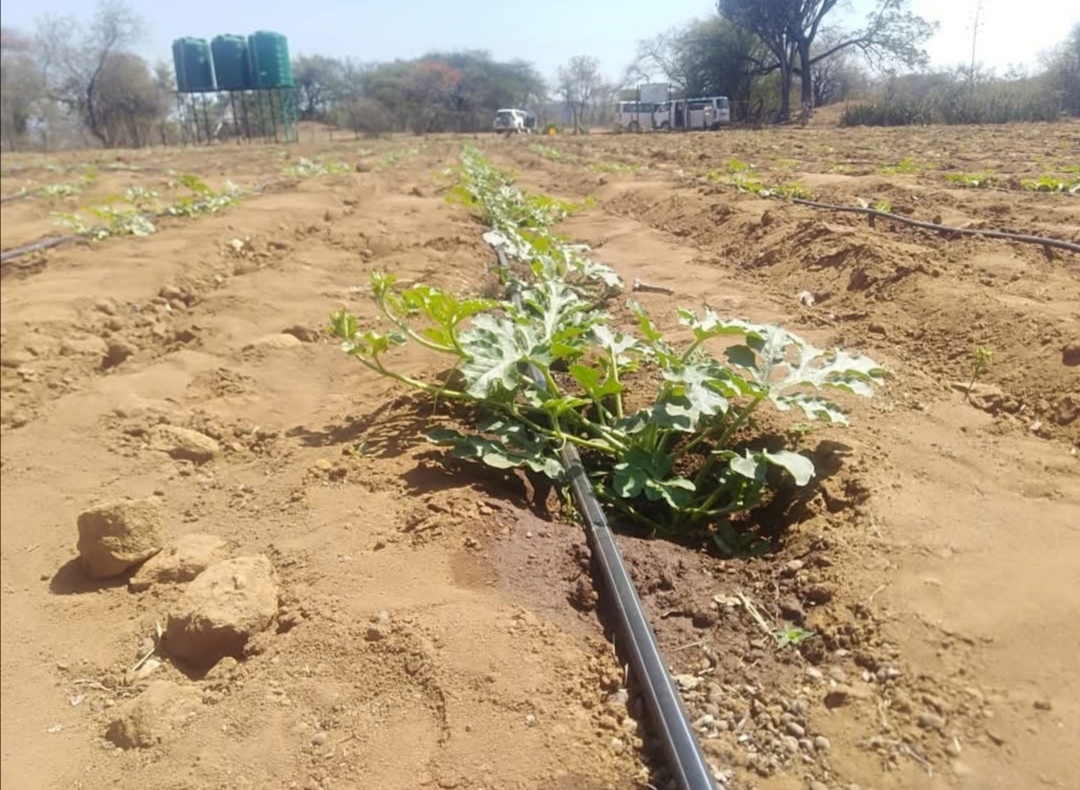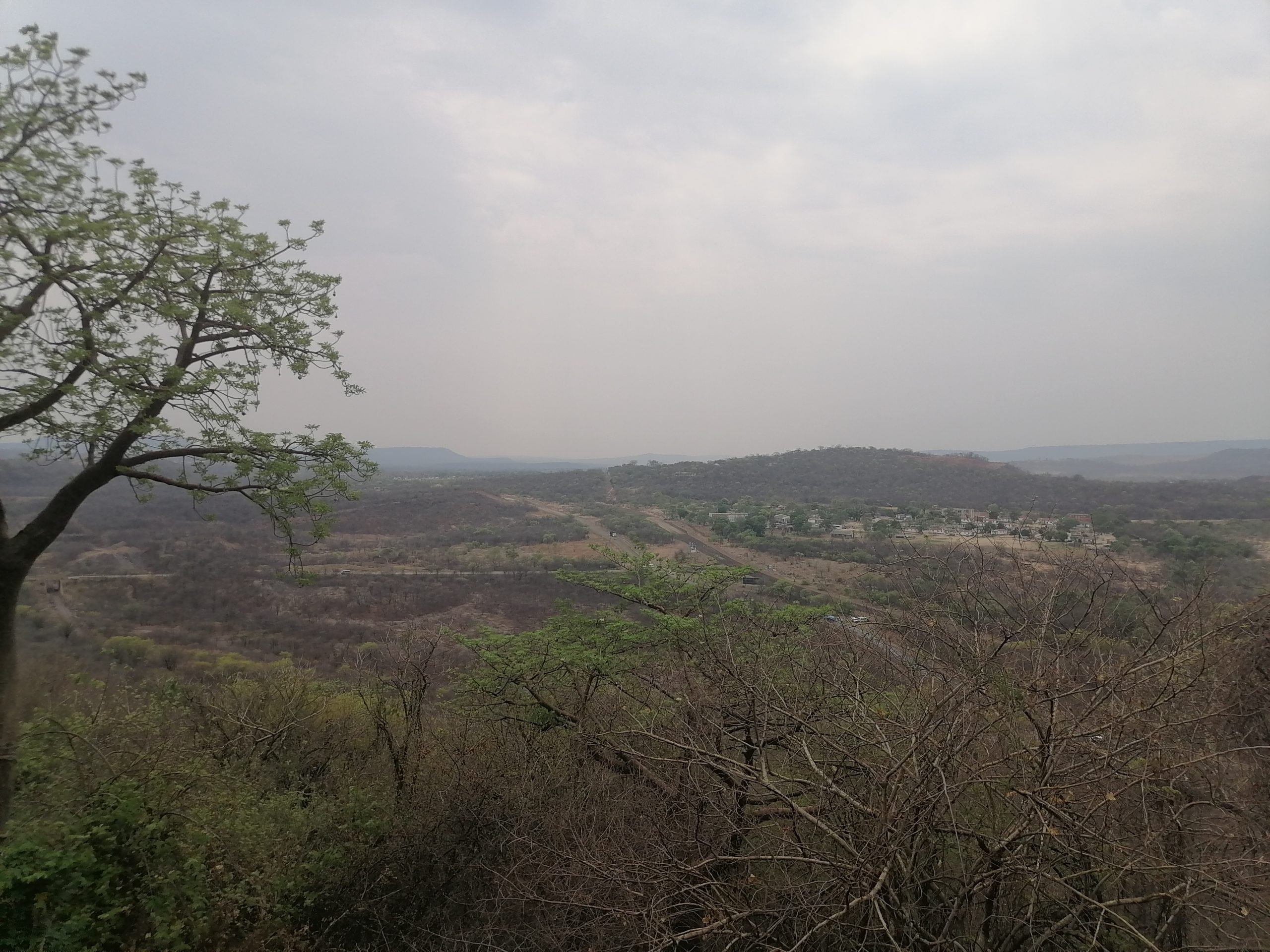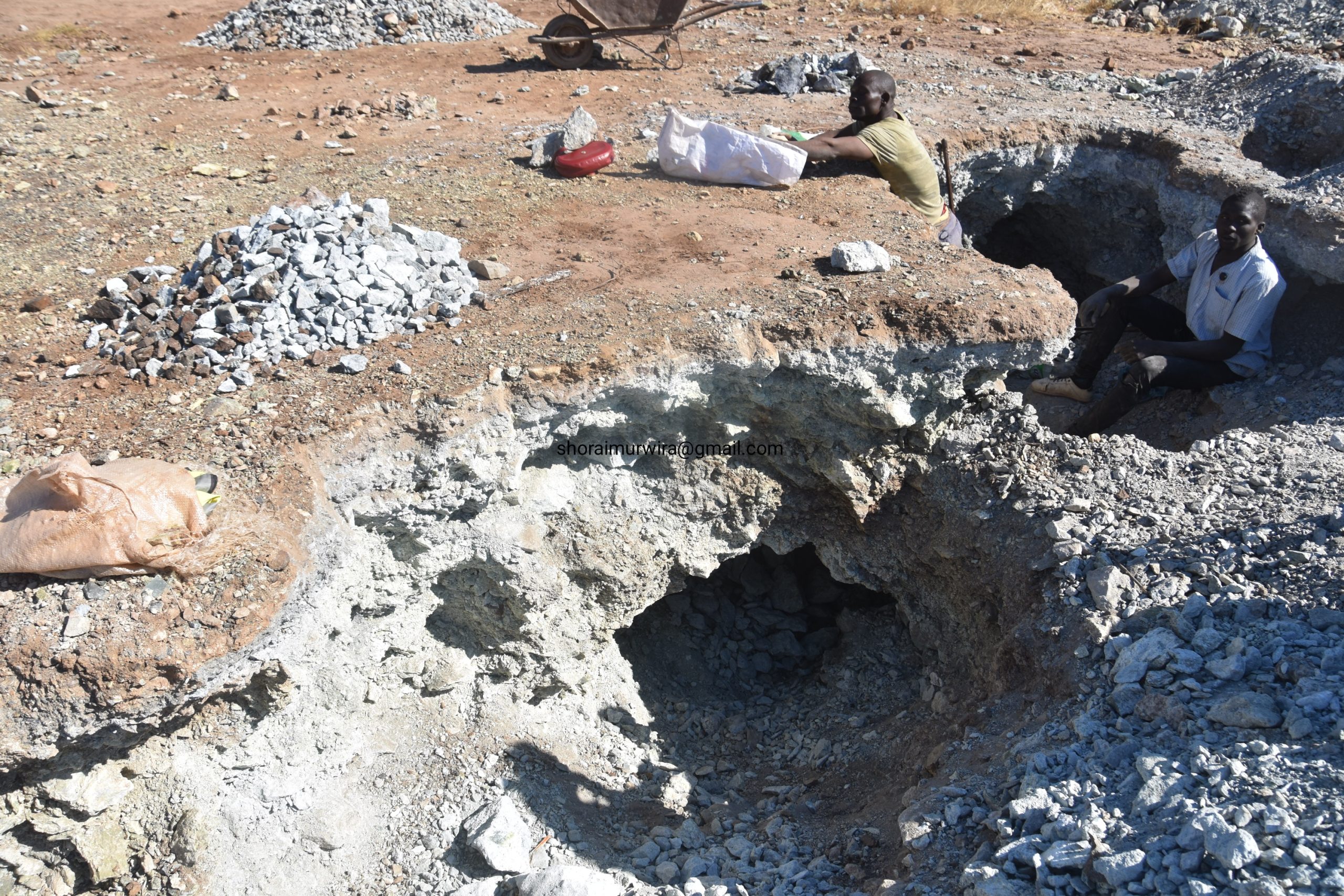by UNDP Zimbabwe
Southern Zimbabwe has long been a frontline region in the battle against climate change. Prolonged droughts, erratic rainfall patterns, and rising temperatures have left smallholder farmers, who form the backbone of the rural economy, vulnerable. In response, the Government of Zimbabwe, supported by the Green Climate Fund (GCF) and United Nations Development Programme (UNDP), has launched a transformative programme to help communities transition from subsistence farming to resilient, market-linked agricultural livelihoods.
Driving this transformation is a powerful approach:
Innovation Platforms (IPs). These are not just centres of knowledge, they are dynamic, multi-stakeholder ecosystems established to unlock local agricultural potential and drive climate-smart innovation across key value chains.
Each IP created customized strategies by working closely with farmers, researchers, extension workers, businesses, and government officials. These strategies directly respond to local climatic, production, and market-related challenges faced by farmers.
Innovation Platforms: Climate action anchored in communities
The validated strategies are both crop- and livestock-based and are designed to address climate-induced vulnerabilities while enhancing market access. Highlights from the 5 established IPs including
Matopos Research Institute is spearheading cattle semen harvesting, traditional grain and fodder seed multiplication. This not only strengthens genetic resilience but also improves livestock productivity and feed security.
This innovation platform is ensuring small holder farmers have access to affordable and quality cattle breeds that can adapt easily in their local climate conditions. Furthermore, farmers are supported to produce, select, and multiply their own seeds (e.g. sorghum, pearl millet). This Participatory Varietal Selection (PVS) boosts ownership and sustainability of seed systems and it reduces dependence on external sources and enhances resilience in crop production. Using available resources, the IP is training farmers to produce feed for their livestock that ensures quality livestock with high profits in the market.
Esigodini Agricultural College has established a goat breeding and nutrition hub that promotes climate-resilient crossbreeds while building local capacity through trainings and Farmer Field Schools (FFS). This IP places a strong emphasis on empowering women and youth, equipping them with the knowledge and resources to rear goat breeds adapted to harsh climatic conditions. The improved breeds offer higher meat yields and better market value, enabling farmers to increase their incomes and transition toward more profitable, resilient livestock production systems. To date, 421 lead farmers have been trained on breeding, nutrition, health, marketing, and housing. These farmers are mentoring 10 follower farmers each.
Makoholi Research Institute is enhancing food and income security through indigenous livestock breeding, sweet potato production and processing, and pearl millet value addition. The IP is promoting indigenous cattle (Nguni, Mashona) and climate-resilient sheep breeds (Sabi sheep) that are better adapted to drought and local conditions.









